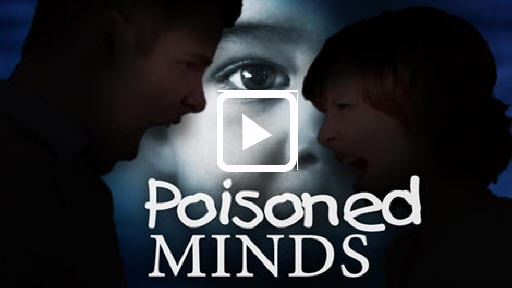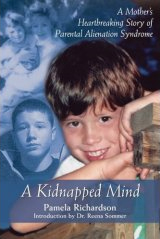
Infant Abuse Linked To Early Experience, Not Genetics
Science Daily, July 3, 2005
Intergenerational transmission of infant abuse is more likely caused by early experience than genetic inheritance, new University of Chicago research on macaque monkeys shows.
"Maternal abuse of offspring in macaque monkeys shares some similarities with child maltreatment in humans, including its transmission across generations," said Dario Maestripieri, Associate Professor in the Department of Comparative Human Development at the University of Chicago.
"The mechanisms underlying the intergenerational transmission of abuse are not well understood," said Maestripieri, who is also an affiliate scientist at the Yerkes National Primate Research Center of Emory University. " Ours is the first study to show that rhesus monkey females who are abused by their mothers in infancy tend to become abusive mothers themselves, and the first to provide experimental evidence that the intergenerational transmission of abuse is the result of early experience and not genetic inheritance," he said.
Maestripieri reports his findings in an article, "Early Experience Affects the Intergenerational Transmission of Infant Abuse in Rhesus Monkeys," published in the online Early Edition of The Proceedings of the National Academy of Sciences USA the week of June 27-July 1.
Among macaque monkeys, most of the abuse occurs in the first six months of an infant's life, and most of that abuse occurs during the first month. The abuse consists of such behavior as biting, dragging or hitting.
Maestripieri and his research team cross-fostered female infants between abusive and non-abusive mothers and followed these infants, along with others who were reared by their biological mothers until they gave birth.
Nine of the 16 females who were abused in infancy by their biological or foster mothers were abusive toward their own offspring, while none of the 15 females reared by non-abusive mothers were abusive toward their offspring.
In particular, the researchers found that none of the offspring who were born to abusive mothers but raised by non-abusive foster mothers developed abusive parenting patterns, suggesting that genetic factors do not play a primary role in the intergenerational transmission of abuse.
The research may provide insights into how child abuse is transmitted in human families, Maestripieri said. Researchers estimate that as many 70 percent of the people who abuse their children were abused themselves growing up, Maestripieri added.
"In humans, we aren't ruling out genetics entirely, as some temperamental characteristics, such as impulsivity, may be inherited and have an impact on a parent's potential to abuse children," he said. "What would be interesting to study would be the situations in which infants are abused but do not go on to become abusive parents.
"In monkeys, as in humans, support from social networks may buffer individuals against the negative consequences of early abuse, making them more resilient and less likely to become abusive adults," he said.
This story has been adapted from a news release issued by University of Chicago.











